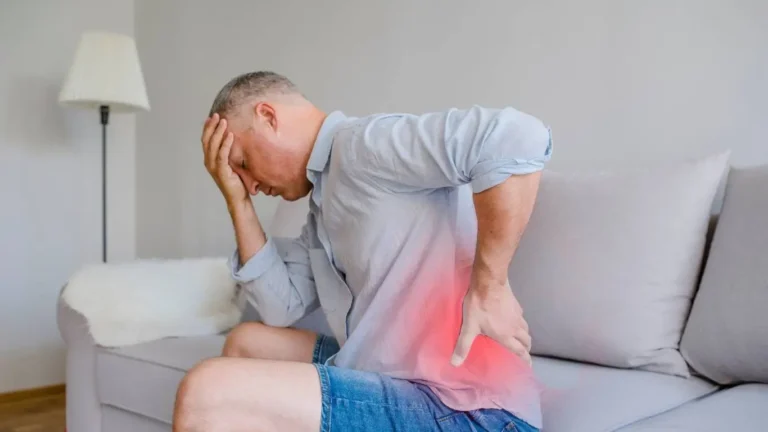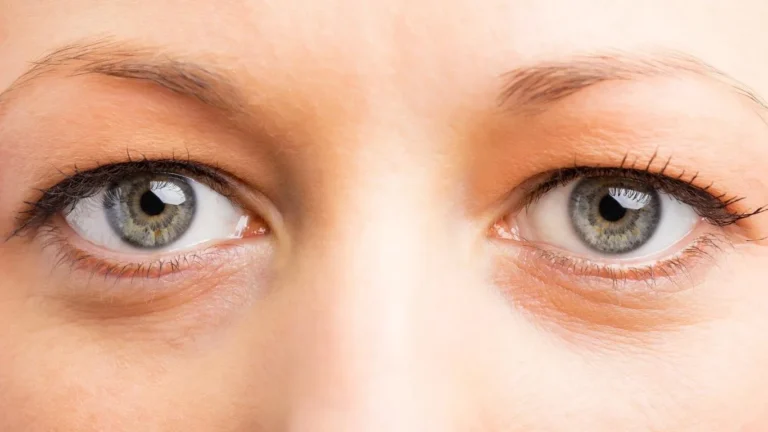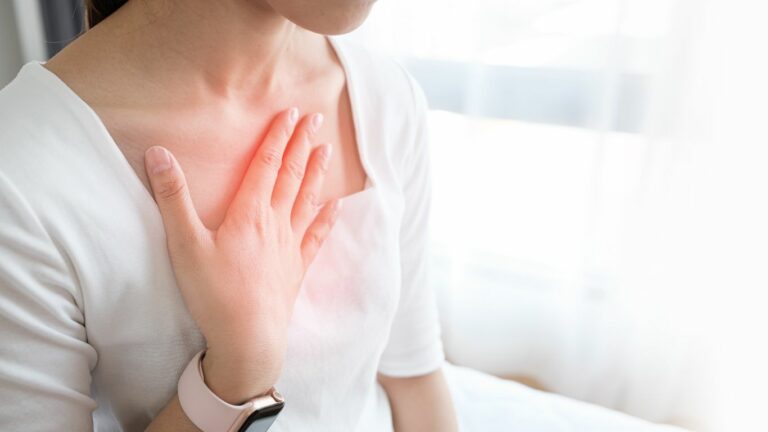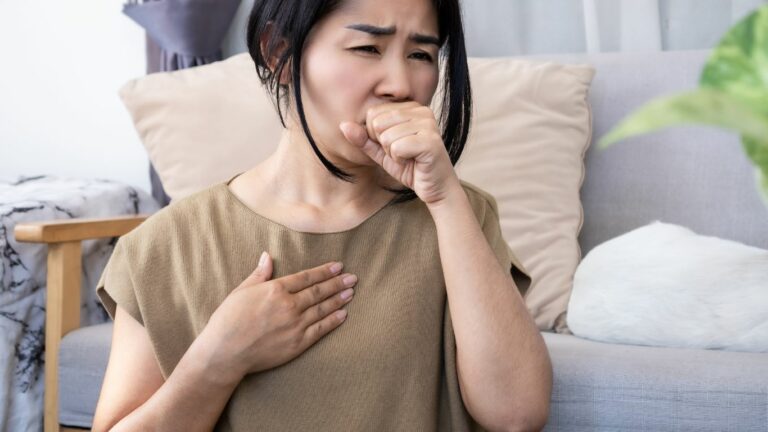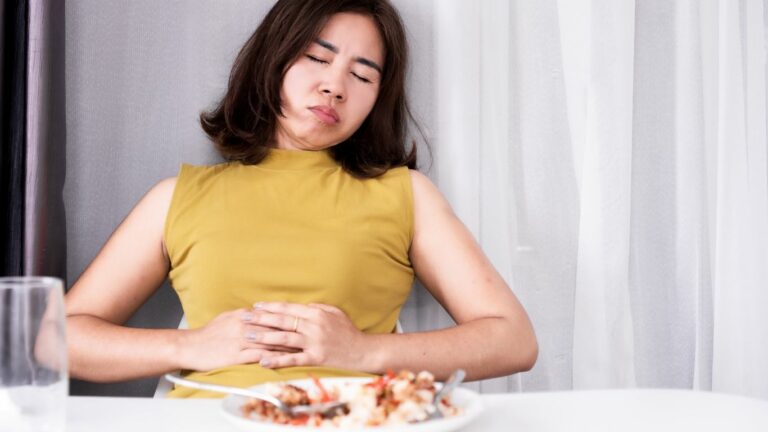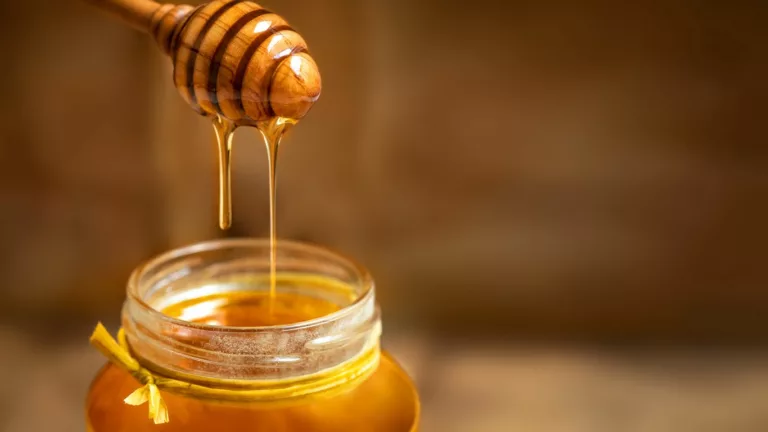Surprising Truth About GERD Symptoms After Drinking Water
As someone who’s spent years working as a Medical Assistant in a Gastroenterology Clinic, I’ve had the chance to observe firsthand how various triggers affect people with gastroesophageal reflux disease (GERD). A common complaint I often hear from patients is how GERD symptoms can flare up after something as simple as drinking water. It might sound strange, right? After all, water is essential for our health, but it can sometimes bring discomfort instead of relief, especially for those struggling with GERD. In this post, we’ll dive deep into GERD symptoms after drinking water, explore why this happens, and offer some tips to manage it. So, grab a glass of water (if you’re feeling brave!) and let’s get started.
What Exactly is GERD?
If you’re reading this, chances are you or someone you know is familiar with GERD. But let’s break it down for anyone who’s still unsure. GERD stands for gastroesophageal reflux disease, a condition where stomach acid frequently flows back into the esophagus. This backward flow, known as acid reflux, can irritate the lining of the esophagus and lead to uncomfortable symptoms like heartburn, regurgitation, chest pain, and even trouble swallowing.
Now, I’ve seen many patients come into the clinic, surprised by the variety of GERD symptoms. It’s not just the burning sensation in your chest—GERD affects people in different ways. And believe it or not, drinking water can sometimes make those symptoms worse. Let’s unpack why that might be.
GERD Symptoms After Drinking Water: The Unexpected Trigger

Why Does Water Sometimes Trigger GERD Symptoms?
It might be a little puzzling at first, but there are a few reasons why drinking water can trigger GERD symptoms. For starters, GERD isn’t just about what you eat—it’s also about what happens when food and drink enter the stomach. The stomach produces acid to help break down food, and in GERD sufferers, that acid can sometimes spill into the esophagus.
When you drink water, it might help temporarily wash down the acid sitting in your esophagus. But in some cases, the sudden influx of water can cause the stomach to expand slightly, which might lead to more acid being pushed up. This is especially true if you’re drinking a large quantity of water quickly, which can increase the pressure on the lower esophageal sphincter (LES), the valve that separates the esophagus from the stomach.
Hydration and the LES: A Delicate Balance
As a Medical Assistant, I’ve seen many patients struggle to balance their hydration needs with GERD management. While it’s crucial to stay hydrated, drinking water too quickly can trigger symptoms by overwhelming the LES. Ideally, the LES should prevent stomach acid from rising into the esophagus, but when there’s too much pressure, it may not close properly, allowing acid to escape and cause discomfort.
Not All Water is Created Equal: The Temperature Factor
Another factor to consider is the temperature of the water. While it may seem insignificant, drinking cold or ice-cold water can shock the digestive system, potentially triggering GERD symptoms. Similarly, very hot water may irritate the esophagus and worsen the discomfort associated with GERD. I’ve found that lukewarm water tends to be easier on the stomach and esophagus, providing hydration without the added risk of irritation.
Common GERD Symptoms to Watch For
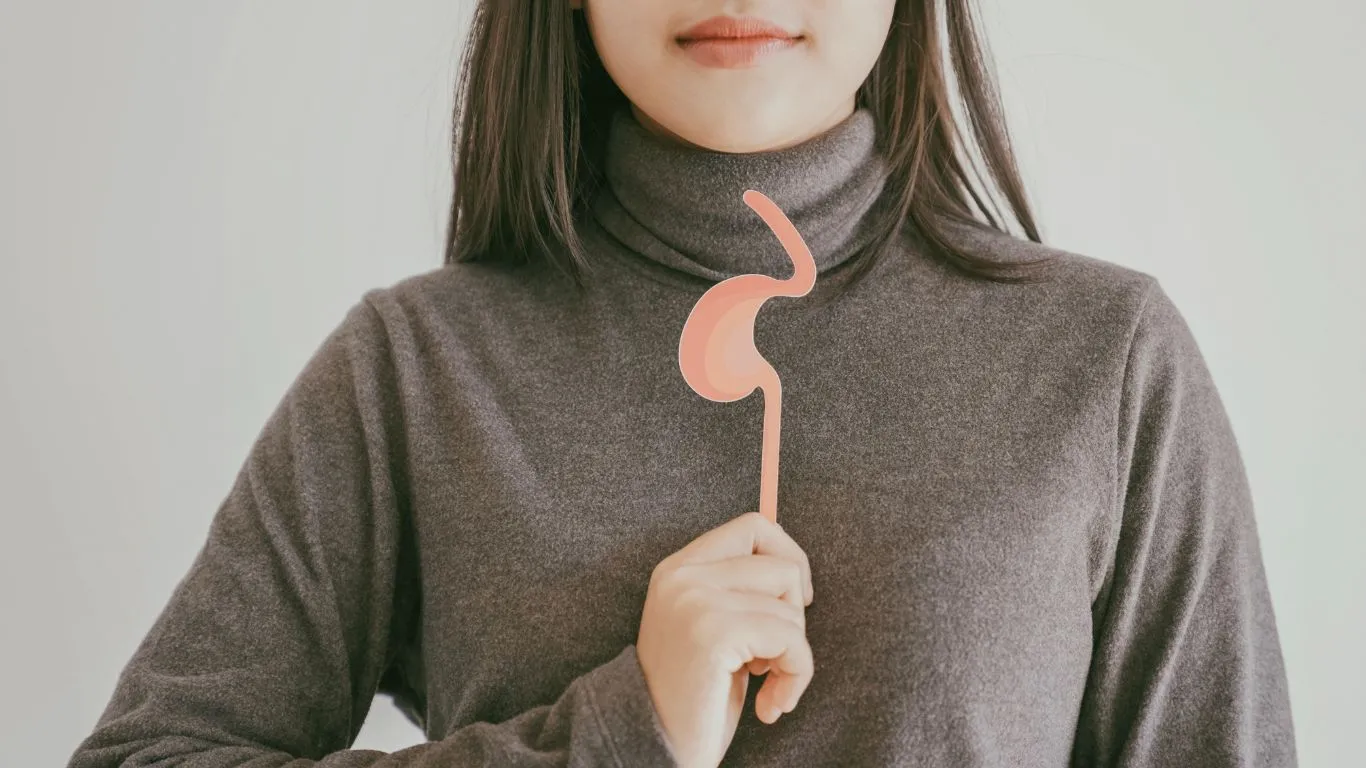
If you’re experiencing GERD symptoms after drinking water, you’re not alone. Here’s a quick rundown of some of the common signs and symptoms to watch for:
- Heartburn: This is the burning sensation that rises from the stomach into the chest and sometimes the throat. It’s one of the most common symptoms of GERD.
- Regurgitation: You may notice a sour or bitter taste in your mouth as stomach acid or food comes back up into the throat.
- Chest Pain: The discomfort may feel like a tightness or pressure in your chest, which can sometimes be mistaken for a heart attack.
- Difficulty Swallowing: GERD can cause the esophagus to narrow, making it hard to swallow food or liquids.
- Coughing or Wheezing: Persistent cough or wheezing, especially at night, can be a sign of GERD-related respiratory issues.
How Drinking Water Can Sometimes Alleviate GERD Symptoms

While it may seem counterintuitive, water can sometimes provide relief for GERD sufferers. In fact, I’ve had many patients tell me that sipping water slowly can help soothe the burning sensation in their chest or relieve a dry throat caused by acid reflux. Water helps dilute stomach acid and wash it down into the stomach, providing a brief sense of relief.
But the key here is moderation and pacing. A small sip of room temperature water can offer immediate comfort, but chugging a large glass of water too quickly can be a double-edged sword, as it may end up exacerbating your symptoms. So, if you’re reaching for water to calm down your GERD symptoms, remember to take it slow and avoid drinking too much at once.
Managing GERD Symptoms After Drinking Water

As a Medical Assistant in a Gastroenterology Clinic, I’ve seen firsthand how challenging it can be for people to manage GERD symptoms, especially when it feels like something as simple as drinking water could trigger discomfort. The good news is that there are a few strategies you can try to help manage GERD symptoms after drinking water—without having to give up hydration!
1. Sip Water Slowly
If you’re someone who loves to gulp down water quickly, you might want to rethink that approach when dealing with GERD. Drinking water too quickly can increase the pressure in your stomach, which may lead to acid reflux. Instead, try sipping your water slowly and consistently throughout the day. This helps avoid overloading your stomach and reduces the chances of acid being pushed back into the esophagus.
From my experience in the clinic, I’ve often recommended patients sip their water in small amounts every 20 to 30 minutes. This strategy can be particularly useful if you’re feeling dehydrated but don’t want to risk triggering a reflux episode. If you’re finding it hard to remember, set a timer on your phone or use a water bottle with time markers to track your hydration throughout the day!
2. Pay Attention to Water Temperature
Another trick I’ve found useful is being mindful of the temperature of your water. For some GERD sufferers, ice-cold or extremely hot water can irritate the digestive tract and trigger symptoms. While there’s no universal rule for everyone, lukewarm water seems to be the most tolerable temperature for many GERD patients.
When I discuss water temperature with patients, I often emphasize the importance of comfort. If cold drinks make your symptoms worse, try switching to room temperature or slightly warm water. On the flip side, if warm drinks feel too intense, experiment with slightly cooler water—just avoid extremes!
GERD Triggers Beyond Water

Of course, water isn’t the only thing that can aggravate GERD symptoms. There are numerous other food and drink culprits that can cause the same kind of discomfort. From my time working closely with patients, I’ve seen that GERD can be highly individualized, so understanding your personal triggers is key. Here are a few common ones you might want to keep an eye on:
- Caffeinated Drinks: Coffee, tea, and even soda are known GERD triggers. Caffeine relaxes the LES, allowing stomach acid to escape into the esophagus. If you can’t imagine starting your day without your morning coffee, try switching to a low-acid variety or herbal teas that are less likely to irritate your system.
- Spicy Foods: While they’re delicious, spicy foods like hot peppers or chili can increase stomach acid production, leading to flare-ups. If you love spice, try to reduce the heat level or opt for milder versions of your favorite dishes.
- Tomatoes and Citrus Fruits: Foods that are naturally acidic, like tomatoes, oranges, and lemons, can worsen GERD symptoms. If you’re a fan of fresh salads or fruit juices, try limiting your intake of these foods to see if your symptoms improve.
- Fatty or Fried Foods: Rich, greasy foods like fried chicken, burgers, or pizza can slow down digestion and put more pressure on the stomach, which can exacerbate GERD symptoms. When in doubt, choose lighter, grilled, or baked options instead.
It’s important to remember that what works for one person might not work for another. If you’re dealing with GERD, I recommend keeping a food diary to track what you eat and drink. This will help you identify patterns and pinpoint any specific foods that trigger your symptoms. As you go through this process, you may find that some surprising foods are causing your discomfort, while others may be more tolerable than you thought.
Timing Matters: When to Drink Water for GERD Relief

Believe it or not, the timing of when you drink water can play a significant role in managing GERD symptoms. From my experience in the clinic, I’ve found that many patients benefit from making a few simple adjustments to when they consume fluids throughout the day.
1. Drink Water Between Meals, Not With Them
One of the best pieces of advice I give to GERD sufferers is to avoid drinking large amounts of water during meals. Drinking too much liquid with your food can put pressure on your stomach, increasing the likelihood of acid reflux. Instead, try drinking water about 30 minutes before or an hour after a meal. This gives your stomach enough time to digest food without the added stress of excess liquid.
2. Hydrate Before Bedtime, but Not Too Close
If you’re someone who struggles with GERD symptoms at night, try to avoid drinking too much water right before bed. Drinking too much right before lying down can increase the chances of acid reflux while you’re horizontal. Instead, aim to drink your water a couple of hours before going to sleep. This gives your body time to process the fluid and minimizes the risk of waking up with a sore throat or heartburn.
One common mistake I’ve seen patients make is gulping down large glasses of water just before bedtime, thinking they’re preventing dehydration overnight. However, the added water in your stomach can increase the chances of reflux symptoms while you sleep. Instead, aim to stay hydrated during the day to minimize the need for a lot of water right before bed.
When to Seek Professional Help for GERD Symptoms After Drinking Water

Managing GERD symptoms on your own is often possible with lifestyle changes, but there are times when it’s crucial to seek professional help. If you’ve tried adjusting your hydration habits and still experience GERD symptoms after drinking water—or if your symptoms worsen over time—it might be time to consult with a healthcare provider. As someone who’s worked closely with gastroenterologists, I’ve seen many cases where early intervention can make a huge difference.
Signs That You Should See a Doctor
While occasional discomfort after drinking water or eating may not be cause for alarm, there are some signs that should prompt you to make an appointment with a doctor:
- Persistent or Severe Heartburn: If your heartburn doesn’t seem to go away, or if it’s getting worse, it’s time to get checked out. Chronic heartburn can lead to complications like esophageal damage.
- Difficulty Swallowing: If you’re having trouble swallowing food or liquids regularly, it could be a sign of more severe GERD or esophageal issues that need to be addressed by a specialist.
- Regurgitation: If you notice a constant sour or bitter taste in your mouth, especially after drinking water, it’s important to talk to a doctor. This could indicate a worsening of reflux that needs professional attention.
- Chest Pain: Chest pain can be a sign of GERD, but it can also be a sign of other serious conditions like a heart attack. If you experience chest pain along with GERD symptoms, it’s important to seek immediate medical advice.
- Unexplained Weight Loss or Vomiting: If you experience weight loss or vomiting alongside GERD symptoms, it may suggest complications like strictures or ulcers that require medical treatment.
If you notice any of these symptoms, don’t hesitate to make an appointment. It’s better to be safe and get an accurate diagnosis from a professional. Many patients are surprised by how manageable GERD can be with the right treatment plan, so getting early help can save you a lot of discomfort down the road.
Treatment Options for GERD

If your GERD symptoms persist despite your best efforts, there are several treatment options available to help manage the condition and improve your quality of life. The right treatment for you will depend on the severity of your symptoms and how your body responds to different therapies.
1. Medications
One of the most common approaches to treating GERD involves medication. There are several types of medications that can help reduce stomach acid and protect the esophagus:
- Antacids: These are over-the-counter medications that neutralize stomach acid and provide quick relief for mild heartburn.
- H2 Receptor Antagonists: These medications reduce the production of stomach acid and can provide longer-lasting relief compared to antacids.
- Proton Pump Inhibitors (PPIs): PPIs block the acid-producing pumps in your stomach, providing stronger and longer-lasting relief from GERD symptoms.
If over-the-counter medications aren’t enough, a healthcare provider might prescribe stronger versions or recommend additional treatments like prokinetics that help the stomach empty more quickly and reduce the chances of reflux.
2. Lifestyle Changes
Along with medications, making some key lifestyle changes can significantly improve GERD symptoms. Here are some additional changes that can help you manage GERD:
- Weight Loss: If you’re overweight, losing a few pounds can reduce the pressure on your stomach and help prevent acid reflux.
- Elevating the Head of Your Bed: If nighttime reflux is an issue, try elevating the head of your bed by 6 to 8 inches. This helps prevent acid from flowing back into your esophagus while you sleep.
- Avoiding Tight Clothing: Wearing tight clothing around the waist can put extra pressure on your abdomen, which can lead to reflux. Choose loose-fitting clothes that don’t constrict your stomach.
3. Surgery
In rare cases, if lifestyle changes and medications don’t provide relief, your doctor may suggest surgical options. One common procedure is called fundoplication, where the top of your stomach is wrapped around the lower esophagus to prevent acid reflux. However, surgery is usually reserved for severe cases and only after other treatment options have been explored.
Managing GERD and Staying Hydrated
As we’ve discussed, staying hydrated is essential, but it’s also important to strike a balance to avoid exacerbating GERD symptoms. The key is moderation—sipping water slowly, paying attention to temperature, and timing your water intake to avoid putting extra pressure on your stomach. With the right strategies in place, you can manage GERD symptoms and stay well-hydrated without discomfort.
If you’re still struggling with GERD symptoms despite making these changes, don’t hesitate to seek professional guidance. A gastroenterologist can help fine-tune your treatment plan and ensure you’re on the path to relief. After all, GERD doesn’t have to control your life—there’s plenty of help out there to support you on your journey to better digestive health!
Disclaimer: This article provides general information and is not intended to replace professional medical advice. Always consult with a healthcare provider for a diagnosis and treatment plan tailored to your individual needs.
For more information about GERD, you can refer to reputable sources like Health.com or NIH.gov.

Camellia Wulansari is a dedicated Medical Assistant at a local clinic and a passionate health writer at Healthusias.com. With years of hands-on experience in patient care and a deep interest in preventive medicine, she bridges the gap between clinical knowledge and accessible health information. Camellia specializes in writing about digestive health, chronic conditions like GERD and hypertension, respiratory issues, and autoimmune diseases, aiming to empower readers with practical, easy-to-understand insights. When she’s not assisting patients or writing, you’ll find her enjoying quiet mornings with coffee and a medical journal in hand—or jamming to her favorite metal band, Lamb of God.


